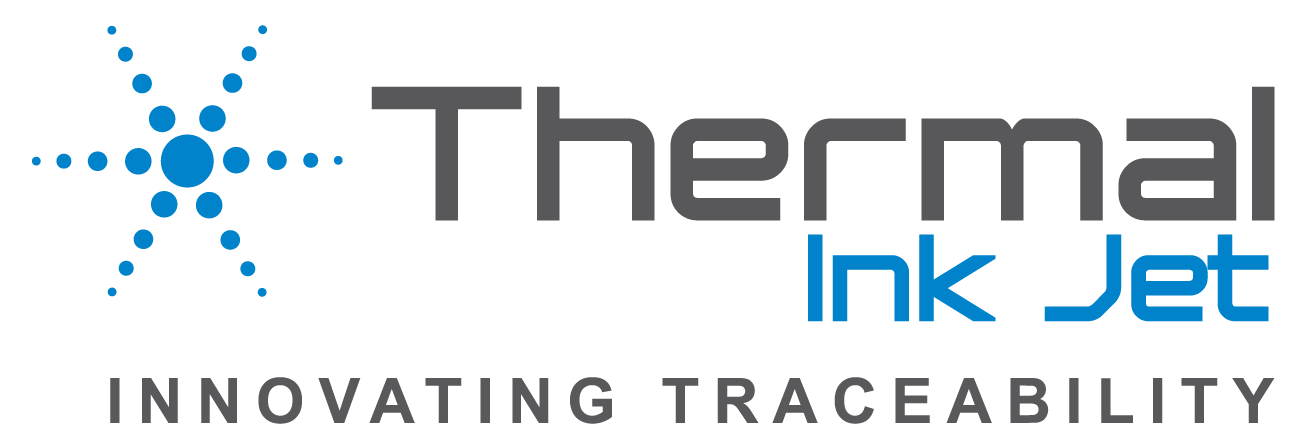Introduction
The chemical industry faces strict regulations to ensure Safety, Compliance, and Environmental Responsibility. Traceability is crucial for managing the flow of hazardous chemicals, tracking their lifecycle from production to disposal. By implementing Traceability Systems, chemical companies can enhance product safety, ensure regulatory compliance, and mitigate risks related to accidents, contamination, or environmental harm.
The Importance of Traceability in Chemical Safety
1. Managing Hazardous Materials
In the chemical sector, traceability helps monitor the movement and storage of Hazardous Substances. By using 2D Barcodes, RFID tags, and Digital Platforms, companies can track chemicals through each stage of production, ensuring safe handling and reducing the risks of spills or improper disposal. This detailed tracking also ensures that dangerous materials are stored and transported according to regulatory guidelines, protecting both workers and the environment.
2. Preventing Contamination and Ensuring Quality
Traceability in chemical production helps prevent contamination by identifying the origin of each chemical component and tracking it through the supply chain. This not only improves the quality of the end product but also ensures compliance with industry regulations like the REACH (Registration, Evaluation, Authorization, and Restriction of Chemicals) in Europe. Should contamination occur, traceability systems enable companies to quickly identify the source and mitigate the impact.
Compliance with Global Regulations
1. Meeting Regulatory Standards
The chemical industry must comply with stringent regulations set by various authorities, including OSHA (Occupational Safety and Health Administration) in the U.S., REACH in the EU, and GHS (Globally Harmonized System) standards. Traceability helps companies maintain the necessary documentation, ensuring that every chemical is tracked, labeled, and transported in accordance with these guidelines. This is essential for avoiding penalties and ensuring the safety of employees and consumers alike.
2. Supporting Audits and Inspections
Traceability systems provide Digital Records that support audits and inspections. Companies can demonstrate compliance with safety protocols and environmental regulations by sharing detailed data on the handling, storage, and transportation of chemicals. In cases where accidents or spills occur, these records are crucial for investigating the cause and implementing corrective actions.
Leveraging Technology for Improved Traceability
1. Digital Platforms for Real-Time Monitoring
With the advent of IoT and Blockchain, chemical companies can implement real-time monitoring of their supply chain. These technologies provide up-to-date information on the location, status, and handling of chemicals. Blockchain, in particular, ensures data security and integrity, allowing companies to verify every step of the chemical’s journey without risk of tampering.
2. Automating Labeling and Documentation
Automating the labeling process using 2D Barcodes and RFID tags makes it easier to track and document chemicals. By linking each chemical to a unique identifier, companies can access detailed information about its origin, composition, safety data sheets (SDS), and expiration dates. This automation reduces human error, ensuring that chemicals are always labeled correctly and in compliance with safety regulations.
Conclusion
Traceability is essential for ensuring Compliance and maintaining Safety in the chemical industry. By implementing advanced traceability systems, chemical companies can not only meet regulatory requirements but also safeguard their operations, protect the environment, and enhance overall product quality. In an industry where safety and transparency are paramount, traceability is the key to success.



